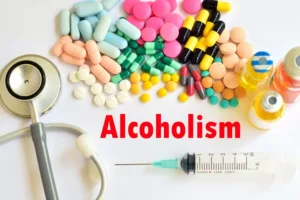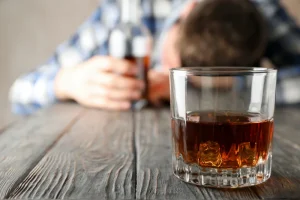
Binge drinking is defined as the consumption of five or more alcoholic drinks (for men) or four or more drinks (for women) within two hours. Despite many people gaining a pleasant intoxicating effect from alcohol, the substance is a depressant. Specifically, it slows areas of your brain that are responsible for basic life alcohol overdose functions. This includes breathing, heart rate, body temperature, and gag reflex, which prevents you from choking. Treatment for alcohol intoxication, poisoning, and overdose typically takes place in the emergency care setting and is supportive, which means it is designed to help manage symptoms and avoid complications.
Sobriety or low-level intoxication

This typically occurs when people consume excessive amounts of alcohol in a short space of time. Talk with your teenagers or young adult children about the dangers of binge drinking and high intensity drinking. This includes discussing drinking games, which can easily lead to alcohol poisoning. Also, emphasize the importance of knowing when enough is enough, and discuss how to intervene if a friend is drinking too much or too quickly. A person’s breathing and blood circulation will be extremely slowed.
Support with drinking
Alcohol poisoning is usually caused by binge drinking, which is where you have a lot of alcohol in one drinking session. It can happen when you drink alcohol faster than your body can filter it out of your blood. There is no way to eliminate the risk of alcohol poisoning. The best way to reduce your risk is to keep your alcohol consumption low or consider non-alcoholic beverages as an alternative. A high BAC level impairs balance, speech, and motor function. Severely high levels may result in an https://ecosoberhouse.com/ and be life threatening.
How does alcohol cause intoxication?
The test is free, confidential, and no personal information is needed to receive the result. If you suspect an alcohol overdose and the person is unconscious, do not leave them alone. But the amount of alcohol in one drink may be much higher than those in the list above. For example, some craft beers may have four times the amount of alcohol that’s in a regular beer. Be aware of the alcohol content of what you’re drinking and adjust how much you drink based on this knowledge. Unlike food, which can take hours to digest, the body absorbs alcohol quickly — long before most other nutrients.

What are the risk factors for an alcohol overdose?

Most are men, and three in four people are between the ages of 35 and 65. Blood alcohol concentration (BAC) is the level of alcohol present in a person’s blood after consuming alcohol. Anyone who consumes too much alcohol too quickly may be in danger of an alcohol overdose, also called alcohol poisoning. Binge drinking refers to a pattern of drinking that brings BAC to 0.08% or higher in a short period. This typically occurs after females consume four drinks or more and males consume five drinks or more during a 2-hour period.
How to Avoid Alcohol Poisoning
- The best way to reduce your risk is to keep your alcohol consumption low or consider non-alcoholic beverages as an alternative.
- But if a person drinks very quickly, they can get to this stage before long.
- With a significant rise in melatonin use in children (sometimes at higher doses of 10 milligrams), and concern about its safety and use in kids as well as adults, there’s renewed attention to the risks and side effects.
- Even if you’re unconscious, your stomach and intestines continue to release alcohol into your bloodstream, increasing the level of alcohol in your body.
- This may be quickly followed by a drop in blood oxygen levels, where you might notice the skin turning blue, starting with fingers, toes, and lips.
- Seven ZIP codes in Marion County were identified as “hot spots” for overdose, accounting for 46% of deaths so far this year.
- It’s a life-threatening, late-stage liver disease that can stop the liver from properly filtering blood.
- Alcohol intoxication can vary by tolerance (meaning whether your body is accustomed to the presence of alcohol through repeated use), your gender, body weight, body fat percentage, and other factors.
- The table below shows common symptoms at each level of alcohol intoxication.